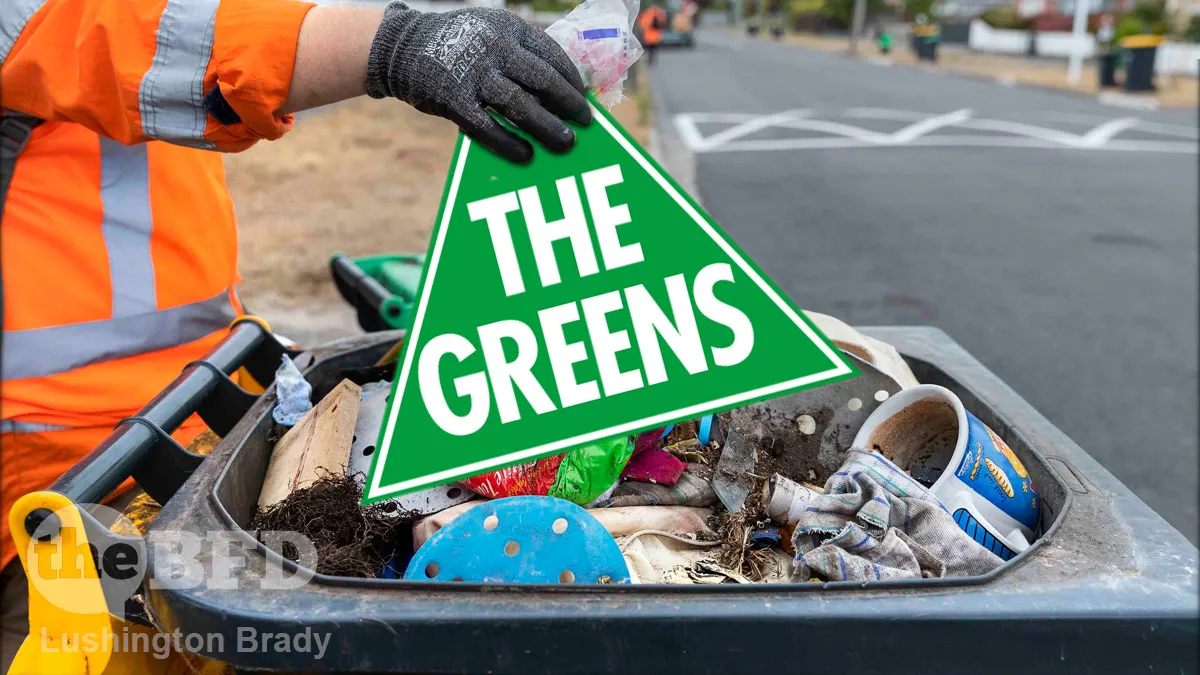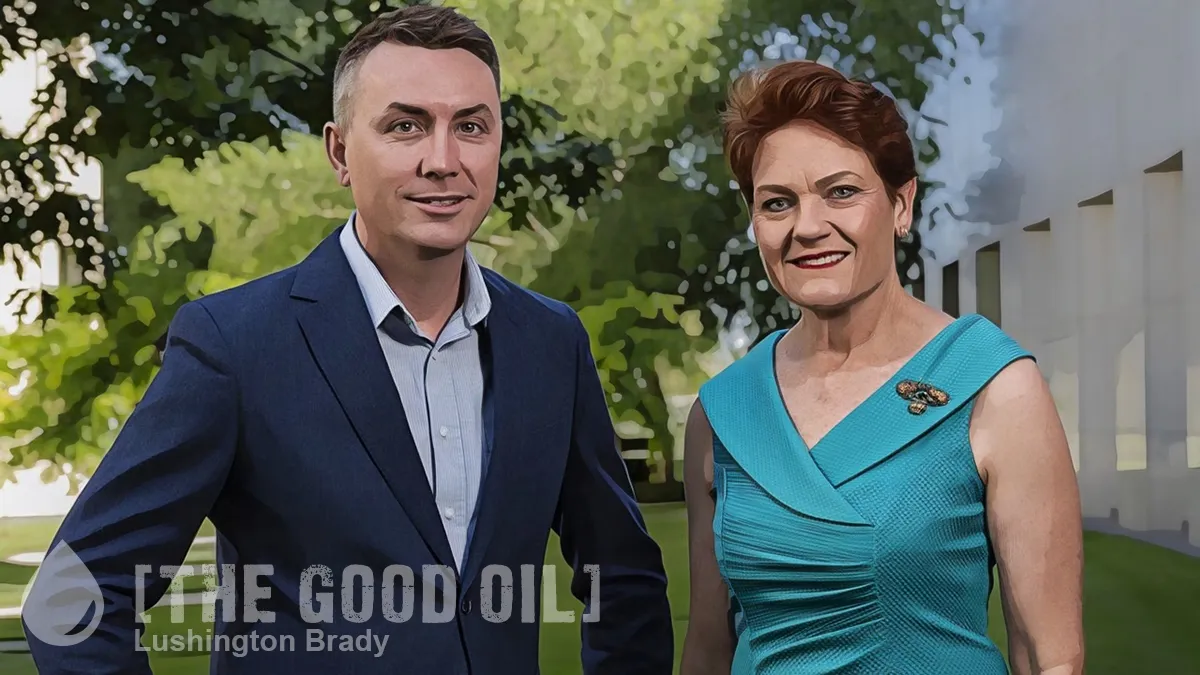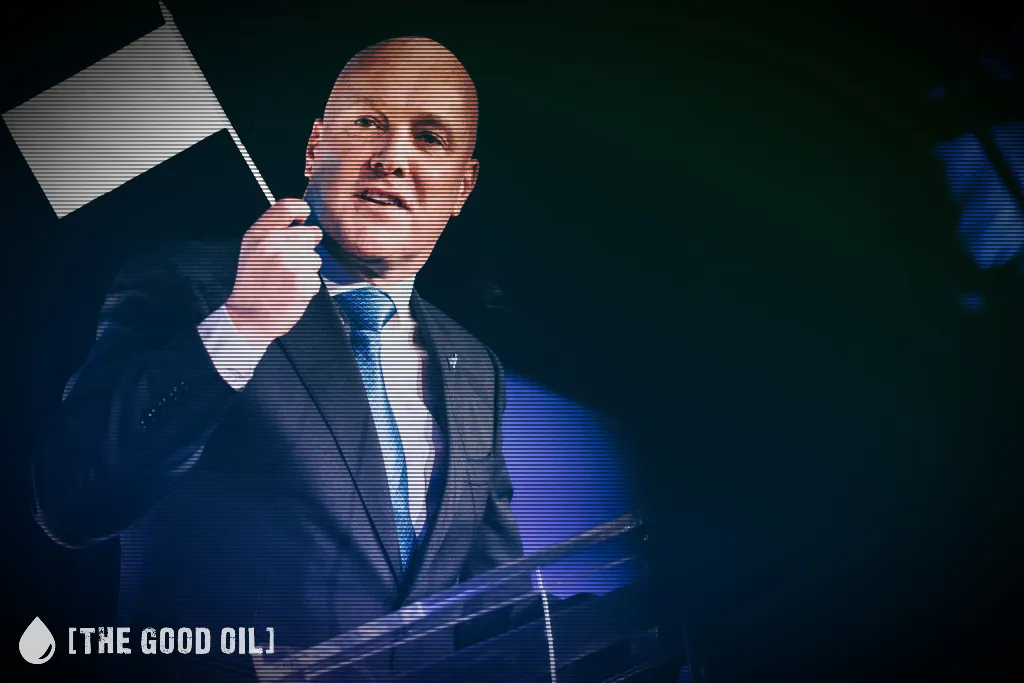Table of Contents
The Australian Greens have rarely garnered more than 11–13 per cent of the vote. Moreover, their vote is almost exclusively concentrated in the wealthiest, inner-city suburbs of the biggest cities. But it’s notable that, every time they’ve wielded political clout – always courtesy of a Labor government desperate to maintain a threadbare grip on power – their vote quickly drops.
With the Albanese Labor government being once again led by the nose by the Greens into a position that only seven per cent of Australians support – recognising a Palestinian state – and the Greens’ shrill anti-Semitism growing more unhinged by the day, the Greens face putting themselves on the nose yet again.
On another front, Peter Dutton’s nuclear policies are steadily gaining ground with Australians. With a bleak winter of soaring power bills ahead, the Greens’ screeching denunciation of nuclear is also putting them at odds with voters.
Worse is likely coming down the line for the Greens, judging by overseas trends.
A “greenlash” is coming, as voters throughout the developed world realise how duped they’ve been by years of unscientific, uneconomic nonsense spouted by much of the media and the so-called “experts”.
The circuit breaker between Green parties and voters is the crunch between the reality of skyrocketing electricity prices and the lunacy of the Greens’ demented hysteria over climate change. Especially as voters realise that running a large-scale grid on weather-dependent generation is a ruinously expensive fantasy.
The recent European parliament elections should be a wake-up call for radical climate change evangelists. In France, support for local Green parties more than halved to 5.5 per cent. In Germany, it collapsed almost 50 per cent to 12 per cent.
Among voters under 25, the German Greens did worse than the so-called “hard right” Alternative for Germany (AfD) party, as veteran US political analyst Ruy Teixeira pointed out last week.
“There’s no doubt concerns about immigration were key to the right populist surge in these elections, but the role of backlash against green policies should not be underestimated,” he said.
Nor should the scale of the turnaround. Just five years ago, the Greens garnered seven times the vote of AfD.
As Dutton has cottoned on, there is a new wave of support for nuclear power. In the US, support for nuclear is surging, from a long-term baseline of 43 per cent, to 57 per cent, in just three years.
The prospect of even higher energy prices at a time when prices in general have risen at least 20 per cent and house prices even more – all directly as a result of rampant money printing and stimulus during the Covid-19 pandemic – is proving politically toxic.
Especially when the Australian Labor government’s only contribution to the debate has been a flood of cringey leftist memes. The anti-nuclear campaign is rightly seen as childish, embarrassing and entirely unbecoming of a party which purports to be running the country.
Worse for Labor, when it tries to peddle numbers, their argument is shot down with embarrassing ease. When Labor argued that a nuclear program would cost as much as $380 billion (itself an obviously inflated figure based on outmoded technology), it was all too easy to point out that that would be the merest fraction of the trillions Labor’s “Net Zero” scheme will cost.
In any case, the cost argument is laughable given state and federal governments just sprayed around $400bn of borrowed money against the wall during Covid-19 for a cumulative excess deaths outcome that was scarcely different from Sweden’s, a country that spent barely anything by comparison […]
For affluent nations to achieve the net-zero carbon goals outlined in the international treaties they have signed, they would have to commit to annual expenditure of at least 20 per cent of GDP, for decades. To put it in perspective this is even more than the Soviet Union spent for a few years in its existential struggle to defeat Germany in World War II […]
As for safety, far more people tragically died at a South Korean electric battery manufacturing plant last week, at least 22, than have died from nuclear power related accidents since the poorly run and designed Chernobyl plant broke down in the 1980s.
The Australian
Political trends in Australia are often said to lag a few years behind the US and Europe. The Australian Greens better hope so. If the Australian Greens’ vote collapsed as precipitously as their German counterparts, they will virtually cease to exist as a parliamentary presence.









